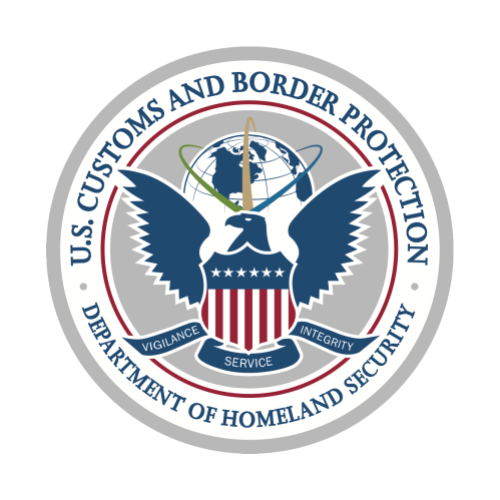HLS.Today – The first significant customs modernization legislation in nearly 30 years is taking shape in Congress, providing the opportunity to identify statutes and, subsequently, regulations that require updates to better reflect today’s global trade environment, ensure supply chain continuity, and promote best practices.
The Administration and Congress should take this opportunity to update our laws to strengthen our economic security by increasing trade throughput, reducing delays, reducing costs, deterring and detecting violations and lowering non-tariff barriers for trade.
We welcome the opportunity to partner with the Administration, Congress, and Customs and Border Protection (CBP) to reimagine the process to make trade more fluid and transparent to the right degree and to facilitate legal transactions through legislation that should advance CBP’s 21st Century Customs Framework.
HLS.Today - COAC 21st Century Customs Framework Task Force Report_September V.3 (003)
We continue to assert the position that CBP’s draft Challenge Areas summarized in this report and the proposed Cassidy bill omit trade facilitation objectives and are focused predominantly on enforcement enhancements. We support enforcement measures and efforts to identify and curtail bad actors, but believe they should seek to strike a balance with facilitation of legitimate trade.
During the June 2022 meeting, COAC published the 21CCF Report which provided an executive summary, timeline of activities, COAC position and status for each proposed amendment to or enactment of an enforcement statute, and an overview of trade facilitation and modernization opportunities. This report is a continuation of the COAC 21st Century Customs Framework Task Force activities and provides key updates related to the remaining CBP Challenge Areas.
The COAC is seeking to finalize all discussions related to CBP Challenge Areas this quarter in an effort to focus more holistically on the trade facilitation and modernization opportunities that must be advanced as part of this legislation. The broader trade sector will not endorse the modified CBP Challenge Areas if CBP and the Trade are unable to collectively advance facilitative measures. Background: The 21st Century Customs Framework (21CCF) is CBP’s comprehensive trade modernization effort comprising policy, regulatory, and statutory reform that seeks to address modern trade challenges, leverage emerging opportunities, and achieve transformational long-term change.
As part of this initiative, CBP has developed draft legislative concepts that the agency believes are designed to remove modernization barriers, eliminate outdated requirements, and provide sufficient legal flexibility to implement the 21CCF modernization vision over time.
The legislative concepts are intended to address five CBP Challenge Areas:
Challenge
1: Limited Data Collection (previously Enhanced Facilitation) Challenge
2: Restricted Data Usage (previously Seamless Data Sharing) Challenge
3: Narrow Visibility and Accountability (previously Increased Visibility & Accountability) Challenge
4: Untimely & Ineffective Enforcement (previously Timely and Effective Enforcement) Challenge
5: Insufficient Funding (previously Secure Funding)
About COAC
The COAC shall advise the Secretaries of the Department of the Treasury (Treasury) and the Department of Homeland Security (DHS) on the commercial operations of U.S. Customs and Border Protection (CBP) and related Treasury and DHS functions. In accordance with section 109 of the Trade Facilitation and Trade Enforcement Act of 2015, the COAC shall:
- Advise the Secretaries of the Treasury and DHS on all matters involving the commercial operations of CBP, including advising with respect to significant changes that are proposed with respect to regulations, policies, or practices of CBP;
- Provide recommendations to the Secretaries of the Treasury and DHS on improvements to the commercial operations of CBP;
- Collaborate in developing the agenda for COAC meetings; and
- Perform such other functions relating to the commercial operations of CBP as prescribed by law or as the Secretaries of the Treasury and DHS jointly direct.
HLS.Today Source: CBP.GOV



